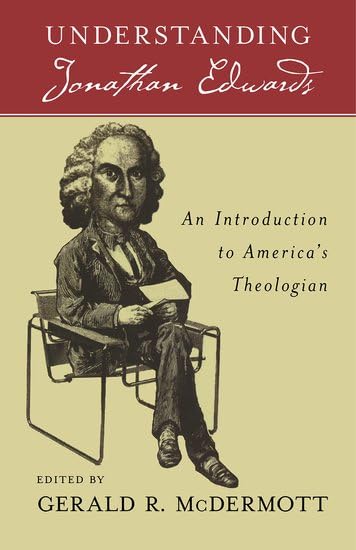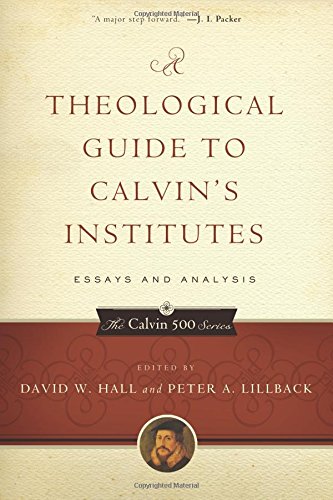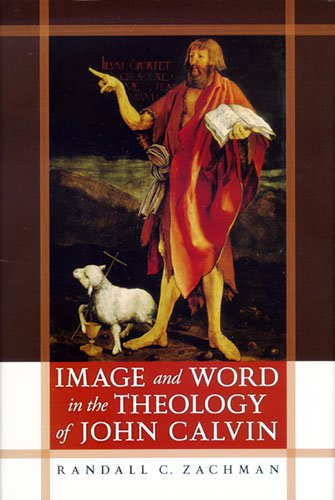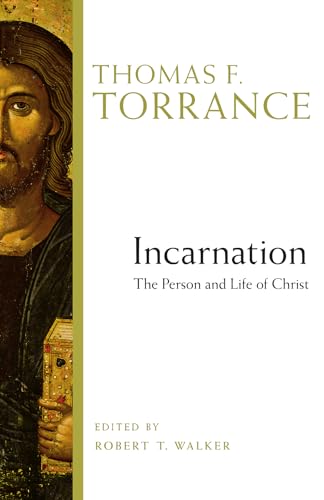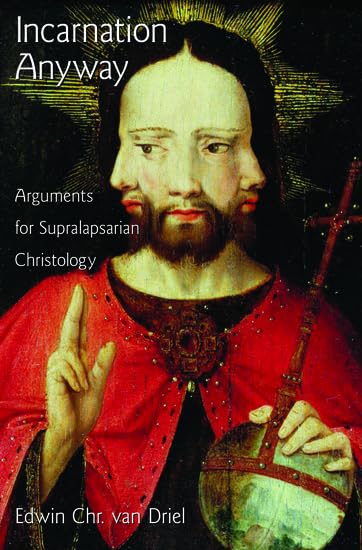Understanding Jonathan Edwards: An Introduction to America’s Theologian
Written by Gerald R. McDermott, ed. Reviewed By Kyle StrobelAs someone who thinks that Jonathan Edwards is still worth reading, I was excited to hear about a new project by Gerald R. McDermott, one of the more prolific Edwards scholars of our day. Beyond his interests in biblical typology, Deism, and world religions, McDermott has shown that he has an interest in helping a lay audience grasp Edwards—a task many try but few succeed. Turning his attention again to this latter task, McDermott has edited this new collection of essays under review. There are several distinctive features of this volume making it stand alone among the vast secondary literature on Edwards (which I will highlight below). Initially noteworthy is my favorite aspect—it was written for those who may have little to no knowledge of Edwards or the field of Edwards studies. What excites me about this is that it accomplishes what few (if any) have: an introduction to major themes in Edwards’s thought that is usable for the classroom. If this volume achieves what McDermott proposes—to inspire readers to explore Edwards’ own writings—then those of us who think Edwards deserves to be taught in both university and church will be in his debt.
For those unfamiliar with Edwards studies, let me explain. Never having written a systematic theology, Edwards’s works are occasional, mostly unpublished, and arcane. Grasping onto themes is next to impossible for anyone other than scholars because you have to trace through his 1,400 or so Miscellanies notes to see the progression of his thought, not to mention traipsing through his 1,200 extant sermons, his notes on/in the Bible, as well as dealing with the chronological/genre issues that arise because of these sources. Therefore, for the beginning student, Edwards can seem impenetrable, if not just odd. Other introductory volumes usually focus on specific works, which are certainly helpful and needed, but often portray individual works in a vacuum abstracted from the expanse of Edwards’s corpus and thought world.
Beyond the introductory form and the volume’s readability, McDermott adds several interesting features. Instead of offering a volume of themes by all the classic Edwards commentators, he divides the book into eight themes and has an Edwards scholar write the first and a European scholar (not previously familiar with Edwards) respond. This not only provides for divergent viewpoints, but could very well help students understand the nature and issues inherent to Edwards studies. The topics are: “Jonathan Edwards’s Life and Career,” “Edwards and Revival,” “Edwards and the Bible,” “Edwards and Biblical Typology,” “Edwards and Beauty,” “The Literary Life of Jonathan Edwards,” “Edwards and Philosophy,” and “Edwards and the World Religions.” McDermott chose a great lineup of Edwards commentators, many of them the most prolific scholars in the field, and the European counterparts offer distinctive and erudite engagement of the material. Those of us who think Edwards has good things to say will hope this opens the door for “America’s theologian” to be considered in a broader global context.
While all of these themes are interesting in Edwards studies, I was particularly excited to read the chapters on “Edwards and the Bible” and “Edwards and Biblical Typology.” There is not nearly enough work done on these topics, and with the revived interest in hermeneutics, typology and differing aspects of theological exegesis, there needs to be more work done. Stephen Stein’s comment back in 1988 that, “Despite the quantity of his [Edwards] writing on the Bible, there is an amazing paucity of serious scholarship dealing with it,” still holds true (however much the tides of scholarship have shifted in recent years) (see Nathan O. Hatch and Harry S. Stout, Jonathan Edwards and the American Experience [Oxford University Press, 1988], p. 123). Doug Sweeney, the Edwards scholar (and Edwards reception scholar) at Trinity Evangelical Divinity School, wrote the first essay on the Bible with Wolter H. Rose as a respondent, and Tibor Fabiny wrote the first essay on Biblical Typology with McDermott responding (this being the only theme with a European writing the initial essay and an American offering the response). Fabiny’s essay is fascinating as a scholar focusing in the area of typology and addressing Edwards only after he had written on typology in general. I found this section enlightening and McDermott’s response a helpful counterpart.
While there are many issues one could take with a volume like this (Why these topics and not others? Why not engage more of the major debates? etc.), those issues tend to be raised for any book written on Edwards. This, of course, should not minimize the significance of these objections. It is an important critique to question if these essays presented in this volume adequately help one “understand” Jonathan Edwards or “introduce” you to him in a significant way. After all, there is a chapter on Edwards and philosophy but not on Edwards and theology, or even Edwards and reformed orthodoxy. Likewise, one wonders if these themes were chosen not because of their centrality to Edwards’s work, as much as their broad intrigue. Overall, critiques like these may be justified, but only go to show how much more work needs to be done to introduce new audiences to Edwards. I think McDermott did an excellent job creating what he thought necessary—a volume for beginners mapping various themes and issues so that people can take a first step into Edwards studies. Those teaching classes on Edwards will no doubt be grateful, and those looking for an introduction to Edwards’ ideas will find a helpful roadmap.
Kyle Strobel
Kyle Strobel
Talbot School of Theology
La Miranda, California, USA
Other Articles in this Issue
Why are we talking about preaching with power? Because of what Christianity is...
In the mid-twentieth century, one could readily find informed Protestant observers acknowledging the Calvinist tradition’s major missionary contribution...
The summer of 2007 was the wettest in Britain since records began, registering over twice the usual amount of rainfall between May and July...
How Far Beyond Chicago? Assessing Recent Attempts to Reframe the Inerrancy Debate
by Jason S. SextonThe doctrine of inerrancy has been a watershed issue among evangelicals in the West, perhaps now more evident than ever...
Quite apart from commentaries and hermeneutical textbooks, books on the Bible—its nature and ultimately its authority—have been appearing with daunting frequency of late


